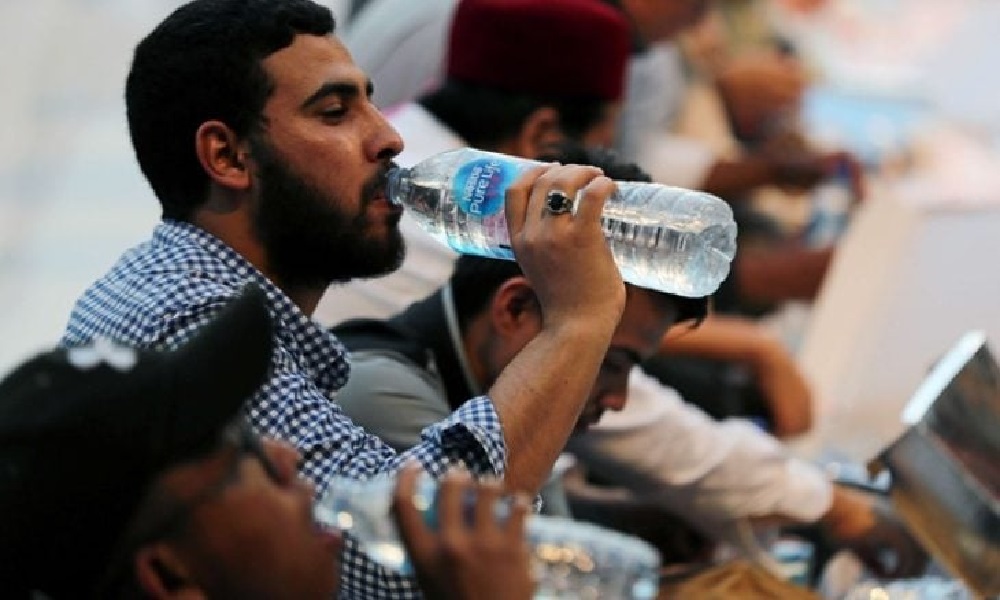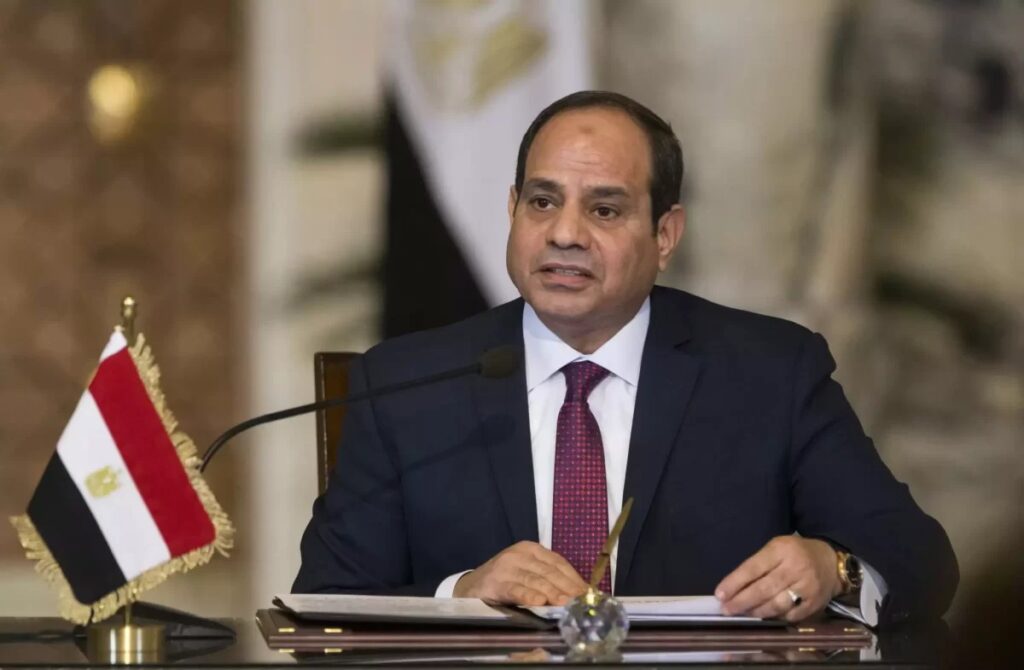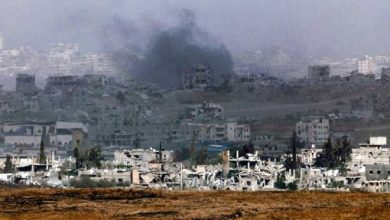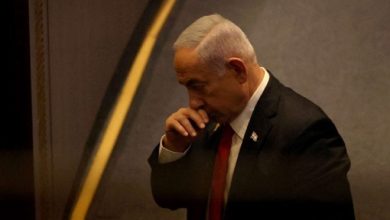Egypt Passes New Water Law Amid Free Speech Concerns and Nile Crisis Escalation
Critics warn of gagging press freedoms as law criminalizes “false information” about water quality, while Nile tensions rise with Ethiopia

Watan-In what rights groups call a new blow to free speech, Egypt’s parliament passed a water regulation law on Monday that includes Article 73, criminalizing the publication of “false news or rumors” about water quality. The opposition and human rights organizations argue that the provision further curtails freedom of expression and suppresses criticism of state policies.
The newly passed law, titled the “Drinking Water and Sanitation Regulation Law,” aims to open the sector to greater private sector involvement. However, controversy erupted over Article 73, which stipulates fines between 50,000 and 500,000 Egyptian pounds for anyone who spreads “rumors or incorrect information by any means” regarding water quality, with the intent of “disturbing public peace or social security.”
MP Ahmed El-Borolosy opposed the article, asking:“Will journalists be accused of disturbing the peace if they investigate water issues?”
In response, Minister of Parliamentary and Legal Affairs Mahmoud Fawzi defended the law, saying:“This has nothing to do with journalists. Very few individuals might spread harmful misinformation, and it’s in the public’s interest to regulate such matters responsibly.”
He added that judges, not the law itself, will determine whether an offense has occurred.
Concerns Over Prepaid Meters and Poor Households
El-Borolosy also criticized the law’s promotion of prepaid smart water meters, citing concerns about their impact on low-income citizens.
“If my daughter is thirsty and the meter runs out of credit, how do I give her water?” he asked.
Housing Minister Sherif El-Sherbiny responded by assuring that prepaid meters emit warnings before credit runs out, and are part of a broader national effort to reduce water waste, particularly amid mounting Nile water tensions.

Nile Crisis: GERD Stalemate and Regional Strains
At the same time, Egypt’s Foreign Minister Badr Abdel Aaty warned that the situation with Ethiopia’s Grand Renaissance Dam (GERD) could reignite regional conflict.
Speaking at a policy forum held by the American Chamber of Commerce in Cairo, he said:“Egypt is working to preserve regional stability, but there are many pressure points in the region—from Sudan to Gaza.”
Egypt has suspended negotiations with Ethiopia for over a year, citing Ethiopia’s continued unilateral actions and refusal to reach a binding agreement. Ethiopia completed the fifth filling of the dam in July 2023.
Stalled Diplomacy and Regional Divergence
In April, Egyptian President Abdel Fattah el-Sisi and Sudanese military leader Abdel Fattah al-Burhan reaffirmed their rejection of “unilateral actions” on Nile waters and stressed the need to protect both countries’ water security.
Years of talks between Egypt, Sudan, and Ethiopia have failed to produce a legally binding agreement on dam operation and filling schedules—especially during drought periods. Egypt and Sudan reject Ethiopia’s stance that the 2015 Declaration of Principles is sufficient. They demand adherence to the 1959 Nile Water Agreement, which guarantees 55.5 billion m³ annually for Egypt and 18.5 billion m³ for Sudan.
Ethiopia, meanwhile, has advanced its support for the Entebbe-based Nile Basin Framework Agreement (“Entebbe Agreement”), a pact signed in 2010 by upstream countries without Egypt and Sudan.

Background: The Nile’s Critical Role
The Nile River, the lifeline of millions, is shared by 11 countries:Burundi, Rwanda, DR Congo, Kenya, Uganda, Tanzania, Ethiopia, Eritrea, South Sudan, Sudan, and Egypt.
As domestic laws tighten on water reporting and regional tensions flare, Egypt finds itself navigating both internal pressures and geopolitical challenges, with water security and press freedom hanging in the balance.






